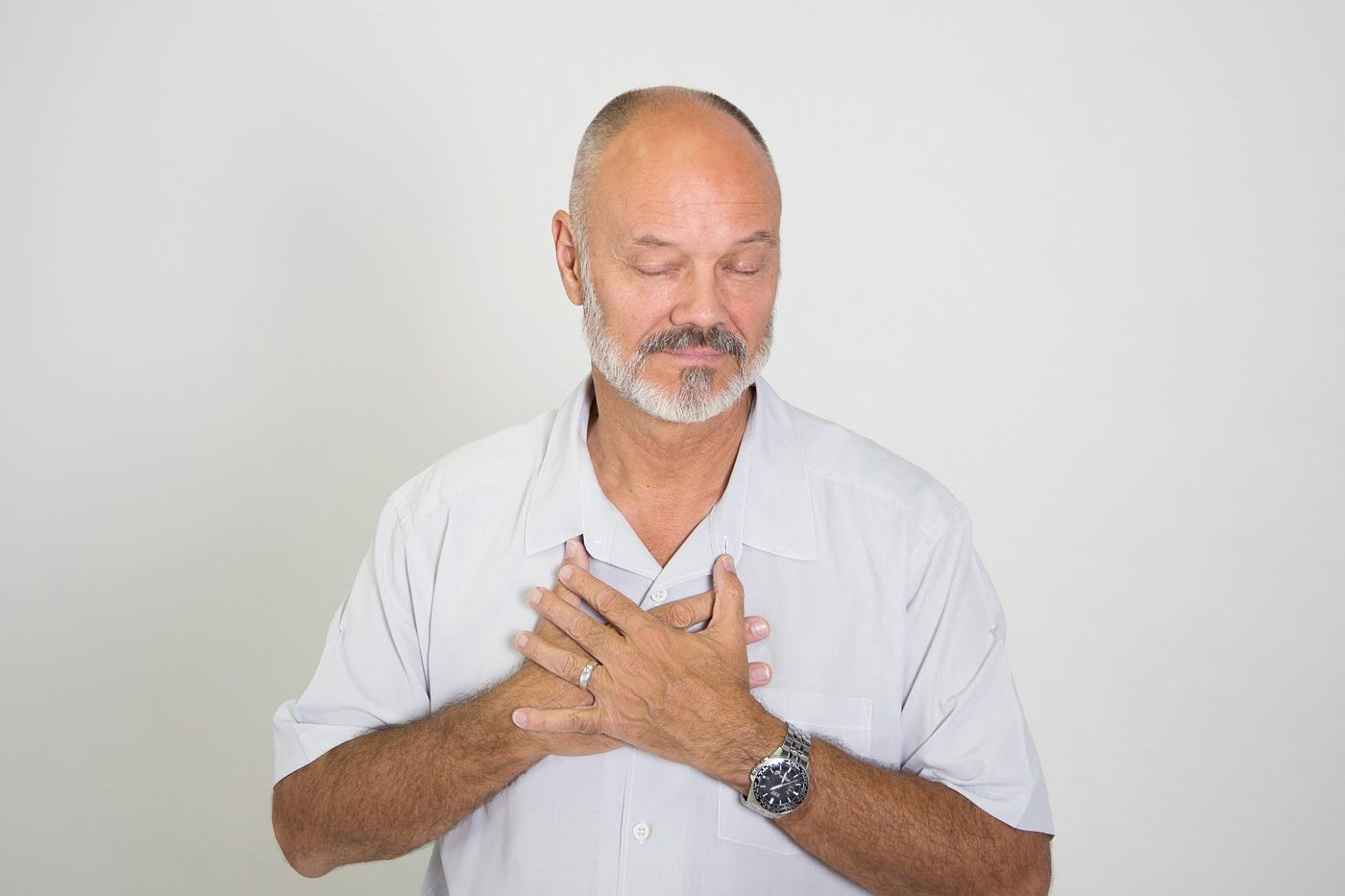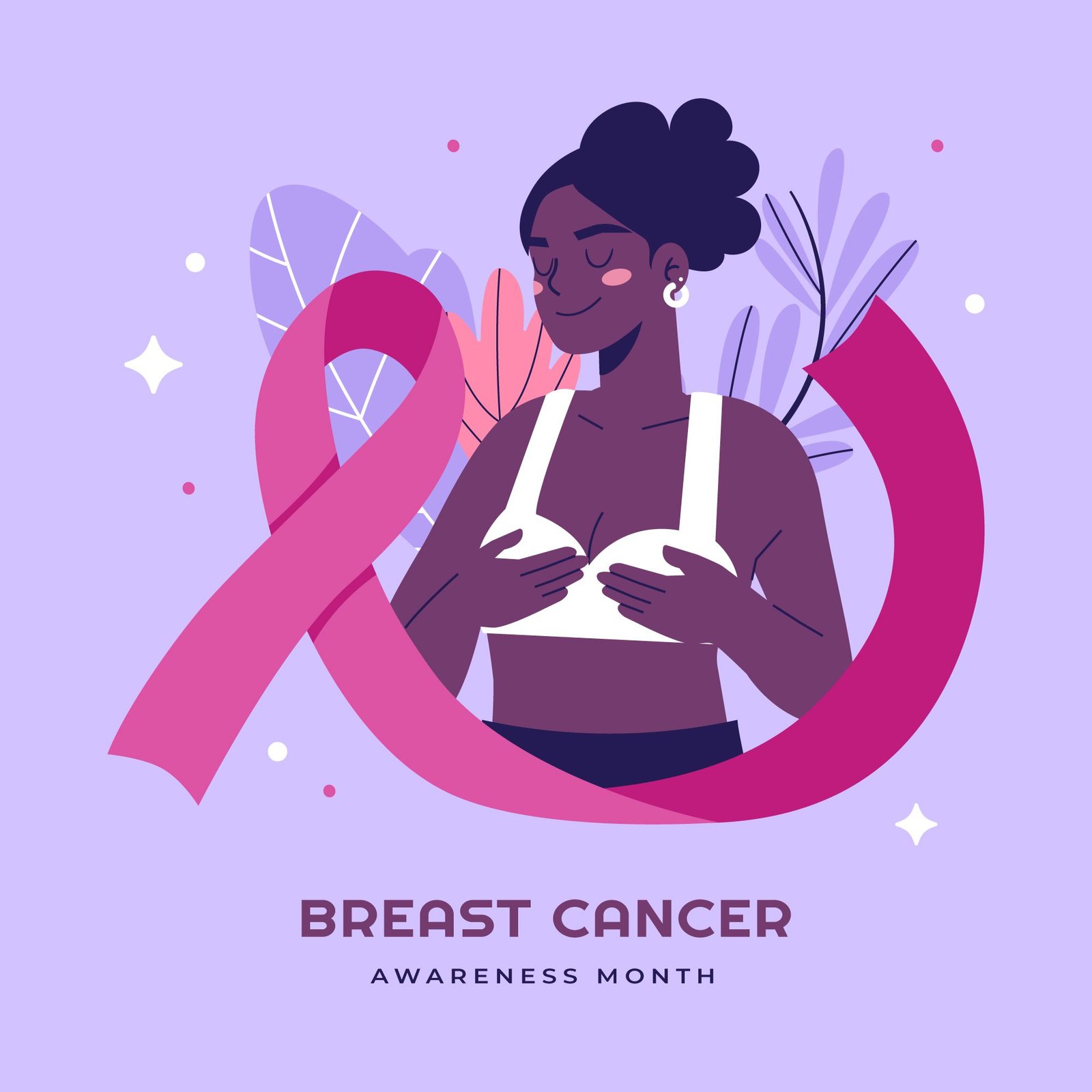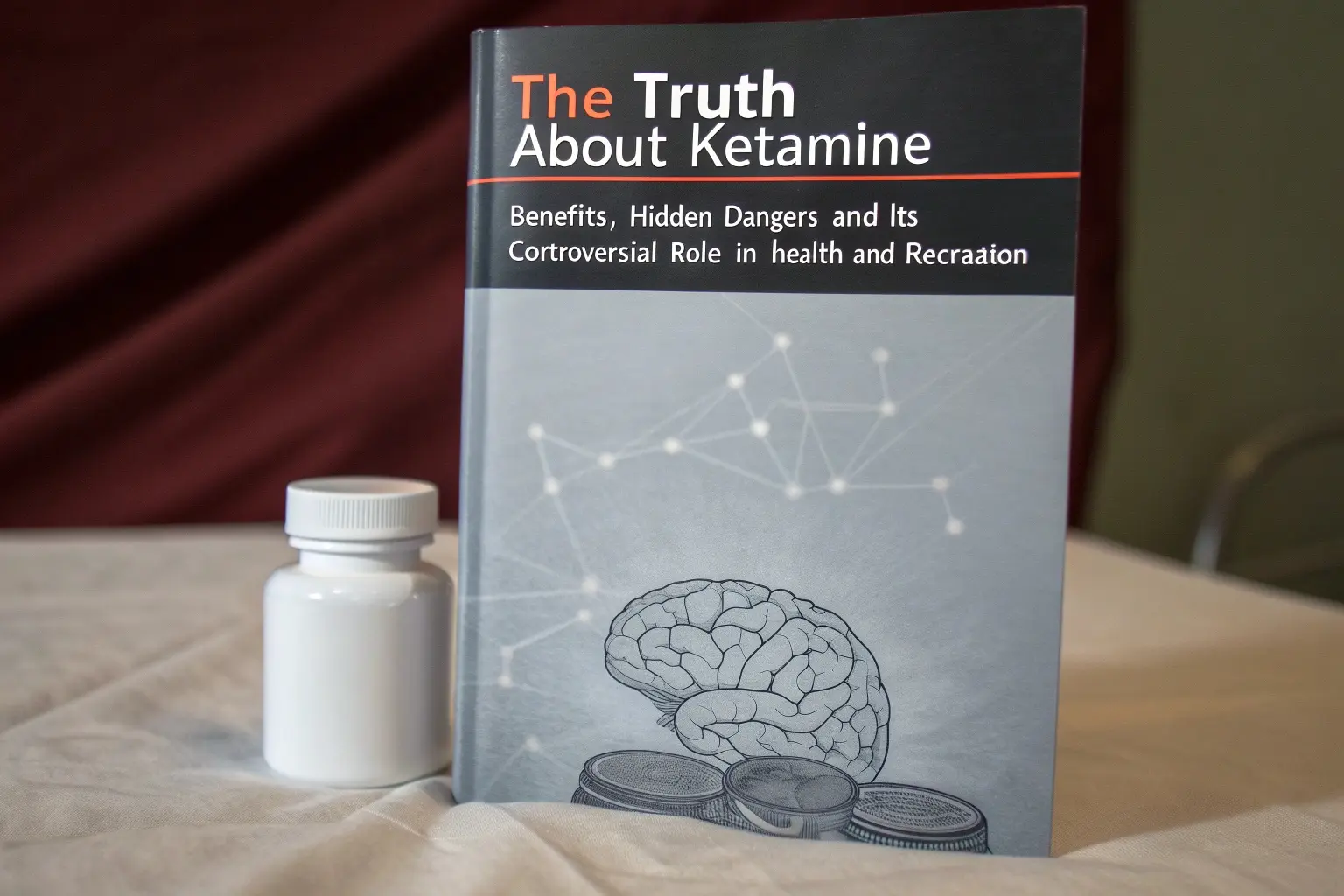The Day My Uncle Collapsed: What I Learned About Heart Attacks vs. Heart Failure
I’ll never forget the day my uncle collapsed in our family’s living room. He had always seemed tough — the kind of guy who never skipped a day of work,
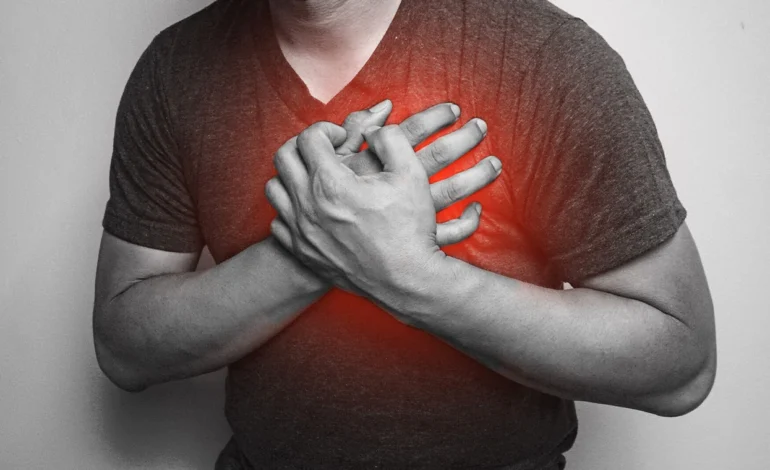
I’ll never forget the day my uncle collapsed in our family’s living room. He had always seemed tough — the kind of guy who never skipped a day of work, even when he didn’t feel well. That Sunday afternoon, he looked pale and was clutching his chest. By the time the paramedics arrived, we feared the worst. Later, doctors confirmed it was a heart attack — but they also told us something we didn’t expect: he had underlying heart failure for years and didn’t know it.
That moment sent me down a path of learning everything I could about the difference between these two life-altering conditions. Here’s what I learned, and what I wish our family had known sooner.
What Exactly Is a Heart Attack?
A heart attack, or myocardial infarction, happens when a blood clot or buildup of plaque blocks one of the coronary arteries. Without oxygen, part of the heart muscle begins to die.
In my uncle’s case, it was a blocked artery — and he ignored the warning signs for weeks: tightness in the chest, shortness of breath, and fatigue. He thought it was just stress.
Symptoms of a Heart Attack:
- Sudden chest pain or pressure
- Pain in the left arm, jaw, or back
- Cold sweat
- Nausea or lightheadedness
- Feeling like something is “off”
If any of these sound familiar: call 911 immediately. Time lost is heart muscle lost.
What Is Heart Failure?
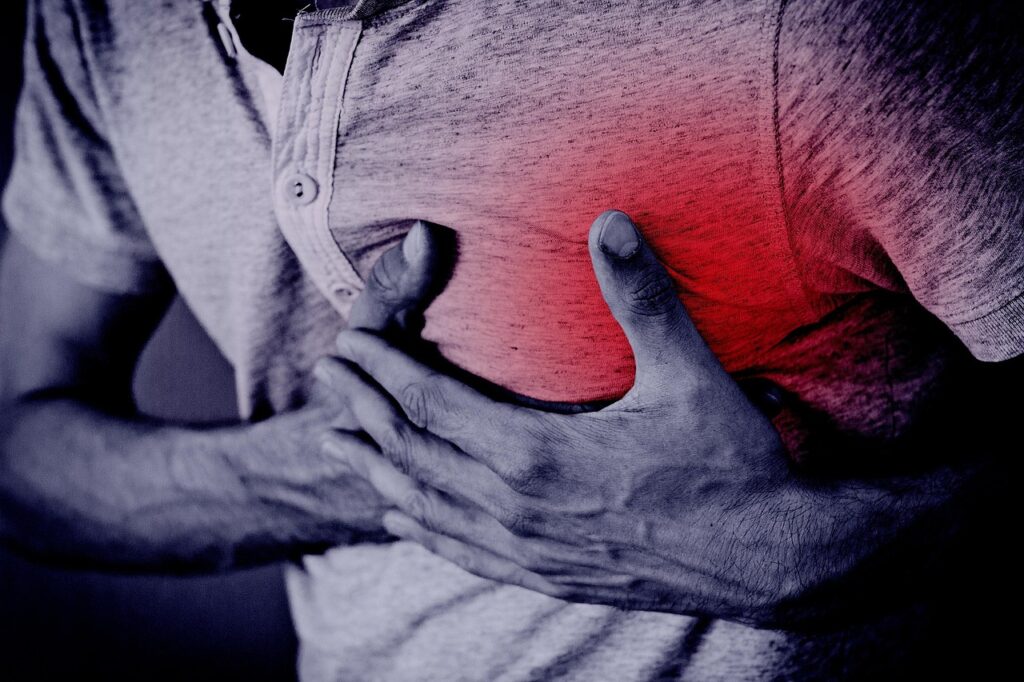
What surprised us most was learning that he had been living with heart failure for over a year — and had no idea.
Heart failure is when the heart is too weak or stiff to pump blood effectively. Unlike a heart attack, it develops gradually and can go unnoticed until it becomes severe.
Symptoms of Heart Failure:
- Persistent shortness of breath
- Swelling in the feet, ankles, or belly
- Sudden weight gain
- Chronic fatigue
- Trouble lying flat at night
- Coughing or wheezing
Looking back, all these signs were there. He was slowing down, taking longer to do things he once did easily. We blamed it on aging. But in reality, his heart was failing — and had been for months.
How Are They Different?
Here’s what I now understand:
| Feature | Heart Attack | Heart Failure |
| Cause | Sudden blockage in a heart artery | Weakened or stiff heart muscle over time |
| Onset | Acute and immediate | Chronic and progressive |
| Risk | High if untreated | Can lead to hospitalization and death |
| Treatment | Emergency care + stents, meds | Long-term medication + lifestyle changes |
They’re connected, too — heart attacks can cause heart failure, and heart failure increases the risk of future heart attacks.
Read About: Heart Disease Doesn’t Treat Us All the Same—Here’s What I’ve Learned as a Mixed Black Woman
The Hard Numbers
- Heart attacks affect 805,000 Americans every year.
- 1 in 5 heart attacks is silent — no obvious symptoms.
- More than 6.7 million Americans live with heart failure.
- Heart failure is the #1 cause of hospitalizations for people over 65.
How Are They Treated?
My uncle had an emergency angioplasty and later received medications to manage both conditions.
Heart Attack Treatments:
- Aspirin and blood thinners
- Stent placement
- Beta-blockers, statins, lifestyle changes
Heart Failure Treatments:
- ACE inhibitors and diuretics
- Fluid restriction
- Low-sodium diet
- In severe cases: implanted defibrillator (ICD)
Treating Heart Failure
Heart failure isn’t cured — it’s managed over the long term. Treatments help improve quality of life, slow progression, and reduce hospitalizations.
Standard treatments include:
- ACE inhibitors or ARBs to relax blood vessels
- Diuretics (water pills) to reduce fluid buildup
- Beta-blockers to lower heart rate and blood pressure
- Aldosterone antagonists to protect the heart
- Lifestyle changes, especially sodium and fluid restriction
In more advanced cases, devices like implantable defibrillators (ICDs) or cardiac resynchronization therapy (CRT)may be used.
My uncle now weighs himself daily to monitor fluid retention — and if his weight goes up more than 2 pounds overnight, it could mean his heart failure is worsening.
What to Eat After a Heart Attack or with Heart Failure
Your heart doesn’t just run on medication. What you eat becomes part of your treatment plan.
Heart-Healthy Foods to Focus On:
- Leafy greens (spinach, kale, arugula) — rich in vitamin K and nitrates to improve blood vessel function
- Fatty fish (salmon, sardines, mackerel) — high in omega-3s that reduce inflammation
- Whole grains (quinoa, oats, brown rice) — help lower cholesterol and blood pressure
- Berries — packed with antioxidants to reduce oxidative stress
- Legumes (lentils, black beans) — high in fiber and plant-based protein
- Avocados — contain heart-healthy monounsaturated fats
- Nuts and seeds — improve cholesterol levels and support overall heart health
- Olive oil — a cornerstone of the Mediterranean diet
- Low-fat dairy — supports bone health without excess saturated fat
- Water — especially important in moderation for heart failure patients (fluid limits often apply)
Foods to Avoid After Heart Attack or with Heart Failure:
- Processed meats (bacon, sausage, deli meat) — full of sodium and preservatives
- Fried foods — high in trans and saturated fats that clog arteries
- High-sodium items (soups, canned goods, frozen dinners) — worsen blood pressure and fluid retention
- Sugary drinks and snacks — raise blood sugar and increase inflammation
- Refined carbs (white bread, pastries, pasta) — spike insulin and can promote belly fat
- Full-fat dairy — raises LDL (“bad”) cholesterol
- Excess alcohol — stresses the heart and can interfere with medications
- Energy drinks — high in caffeine and stimulants
- Fast food — often a combination of all the worst offenders
- Salt substitutes with potassium (without doctor approval) — dangerous for those on heart meds
For heart failure specifically, daily sodium should be limited to about 1,500–2,000 mg, and fluid intake may be restricted to less than 2 liters per day depending on severity.
What I Want Everyone to Know
Don’t wait for something dramatic to happen. If someone in your life is more tired than usual, breathless, or slowing down for no reason, get their heart checked. It could be heart failure quietly building — like it was in my uncle.
And if there’s sudden chest pain, don’t debate it. Just call for help. That decision saved my uncle’s life.
By Steven Grillo for Ravoke.com



